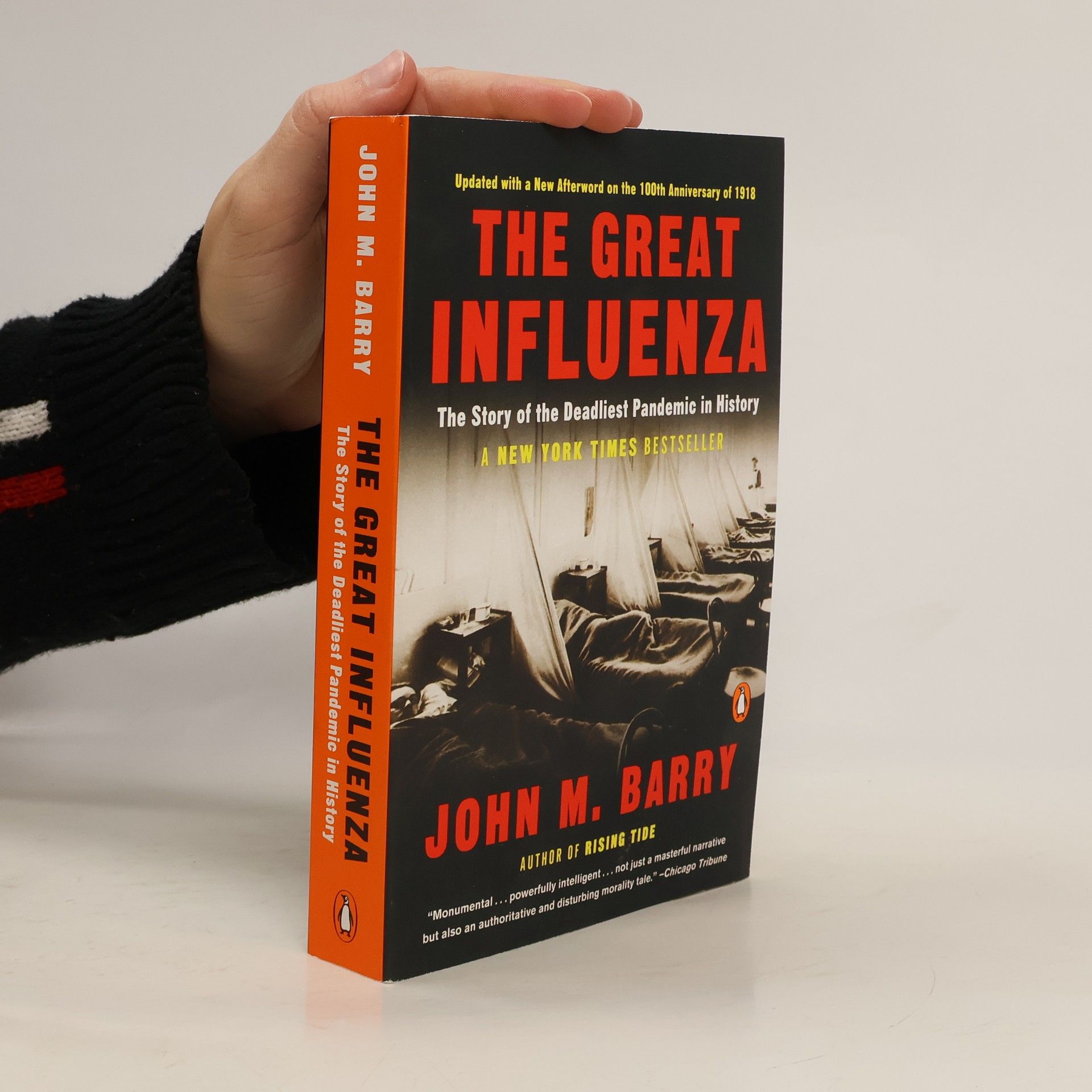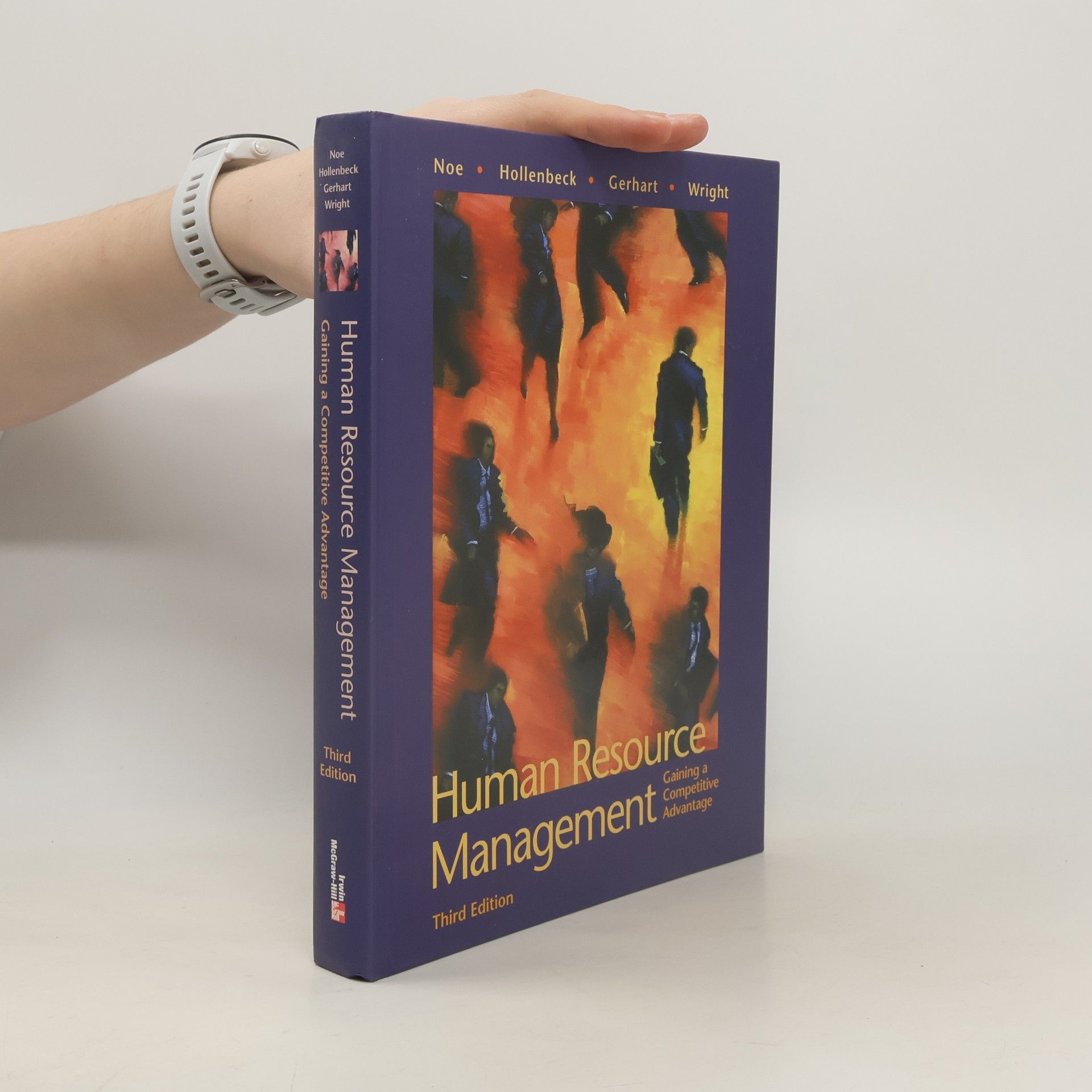This best-selling Irwin/McGraw-Hill human resource management title comes out in a new and improved format in time for fall classes 1999. According to the authors, effective human resource management is necessary for a firm to gain true competitive advantage. The three challenges companies face are the global challenge, the challenge of meeting stakeholder needs, and the high performance work practices challenge. HUMAN RESOURCE MANAGEMENT provides students with the technical background needed to be a successful HR professional, to manage HR effectively, and most importantly to be a knowledgeable consumer of HR products and services. The text also emphasizes how managers can more effectively acquire, develop, compensate, and manage the internal and external environment that relates to the management of human resources.
John M. Barry Boeken
John M. Barry is een Amerikaanse auteur en historicus wiens werk zich verdiept in cruciale momenten van de Amerikaanse geschiedenis en de vorming van moderne maatschappelijke idealen. Zijn geschriften onderzoeken kritisch de impact van natuurrampen, zoals de Grote Mississippi Overstroming van 1927 en de grieppandemie van 1918, terwijl ze ook de evolutie van concepten als de scheiding van kerk en staat en individuele vrijheid ontleden. Barry's literaire benadering kenmerkt zich door diepgaand historisch onderzoek, dat vaak onthult hoe deze gebeurtenissen en ideeën de Verenigde Staten hebben gevormd. Zijn expertise op het gebied van rampen en volksgezondheid heeft hem ook betrokken bij het formuleren van beleid en strategieën voor crisisbeheersing, waarbij academisch onderzoek wordt verbonden met impact in de echte wereld.


The great influenza : the story of the deadliest pandemic in history
- 546bladzijden
- 20 uur lezen
"At the height of WWI, history's most lethal influenza virus erupted in an army camp in Kansas, moved east with American troops, then exploded, killing as many as 100 million people worldwide. It killed more people in twenty-four months than AIDS killed in twenty-four years, more in a year than the Black Death killed in a century. But this was not the Middle Ages, and 1918 marked the first collision of science and epidemic disease. Revised to reflect the growing danger of the avian flu, this is ultimately a tale of triumph amid tragedy, providing us with a precise and sobering model as we confront the epidemics looming on our own horizon."-- Provided by publisher